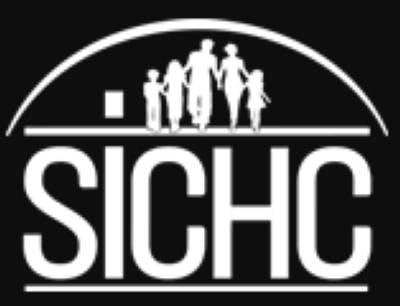- Get Therapy
- Guides & Videos
-

One quick last question. Who was seeking counseling today?
Do you know the reason they are not accepting clients?
|
8163 W State Road 56 Ste A
West Baden Springs, IN 47469 |

